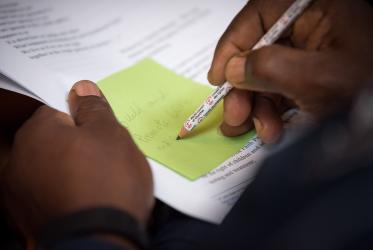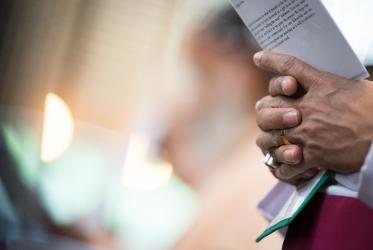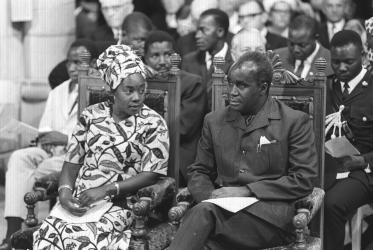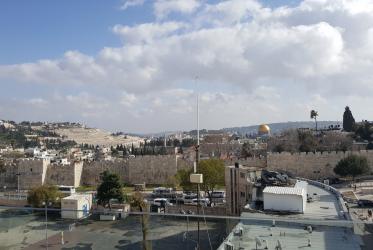Displaying 1 - 20 of 21
30 December 2021
Prayers lift up peaceful elections in Zambia
03 August 2021
Young Africans are eager to grapple with challenges
09 January 2020
Churches in southern Africa stand against violence, xenophobia
10 October 2019
#WCC70: Churches as “freedom agents”
12 February 2018
Land rights focus of panel discussion
17 November 2015
WCC Executive Committee speaks out on migrant crises
12 June 2015












